Nakayama Maruka are natural Japanese sharpening whetstones sourced from the Nakayama mine near Kyoto, Japan, under the Maruka brand. These stones belong to the "awasedo" category (finishing stones) and are highly valued for their quality and sharpening properties.
Key features:
- Origin and the Maruca sign:
- Nakayama Maruka stones are associated with Kato Mutsuyama, who was the owner of the Maruka brand with the letter "ka" and the Seihonzan (㋕正本山) stamp. This seal has become a symbol of the quality of Nakayama stones.
- Not all Nakayama stones bear the "Maruka" mark. For example, stones that were irregularly sized, large or rough were often without a stamp. Later, during processing, some stones were stamped with the Maruka mark, even if they did not have it originally.
- Stones sold before the Maruka marking period (before 1952) do not bear this stamp either. Nevertheless, if the stone comes from the Kato Mutsuyama mine, it is considered to be an authentic Nakayama stone, with or without the 'Maruka' mark.
- Mineral composition and appearance:
- Nakayama Maruka whetstones often have a multi-ply structure (e.g. 8 plies, as in Nakayama Maruka 8 Ply), which gives them unique sharpening properties.
- Colours can be yellow, pink, grey or even "Iromono" (coloured patterns). Popular varieties are 'Hondomae', 'Shikitomae' or 'Kiita' (yellowish stones).
- The stones are fine-grained, very hard, but have a pleasant sharpening sensation, described as 'silky' or 'creamy'.
- Usage:
- Nakayama Maruka stones are used for the final sharpening of knives, straight razors, woodworking tools to achieve a mirror edge.
- Their fineness is equivalent to 8000-12000+ grit synthetic stones, making them ideal for polishing after larger stones (e.g. 4000-6000 grit).
- Due to their structure, they produce a slight abrasive slurry which helps to sharpen efficiently.
- Sharpening sensation:
- Nakayama Maruka stones are known for their extremely pleasant sharpening sensation, which is smoother and faster than many other natural stones.
- Their surface allows precise control of the sharpening process, which is particularly important for professionals.
Market aspects:
- Rarity: The Nakayama mine is closed, so Maruka whetstones are very rare. Their supply on the market is decreasing, which drives up prices.
- AuthenticityA: Due to the rarity and popularity of the Maruka brand, there are counterfeits on the market. "The Seihonzan stamp does not guarantee quality, so it is necessary to judge the stone by its appearance, texture and reputation as a reliable supplier. It is recommended to buy from specialised shops.
- History: After World War II, the Nakayama stone trade was controlled by several Kyoto dealers, including Hatanaka Whetstone. In 1952 Hatanaka registered the 'Junshin Honzan' trademark and after 1980 acquired the Nakayama mine rights and the 'Maruka' trademark. Nevertheless, the stones were also distributed through other channels, so not all of them bear the Maruka stamp.
Why is Nakayama Maruka special?
- QualityA: Nakayama Maruka stones are considered to be among the finest natural sharpening stones in the world because of their fineness, hardness and unique sharpening response.
- Diversity: Each stone is unique, with different patterns and characteristics that make them desirable to collectors and professionals alike.
- Tradition: The Maruka brand is a symbol of Japanese sharpening culture, associated with the highest quality stones.

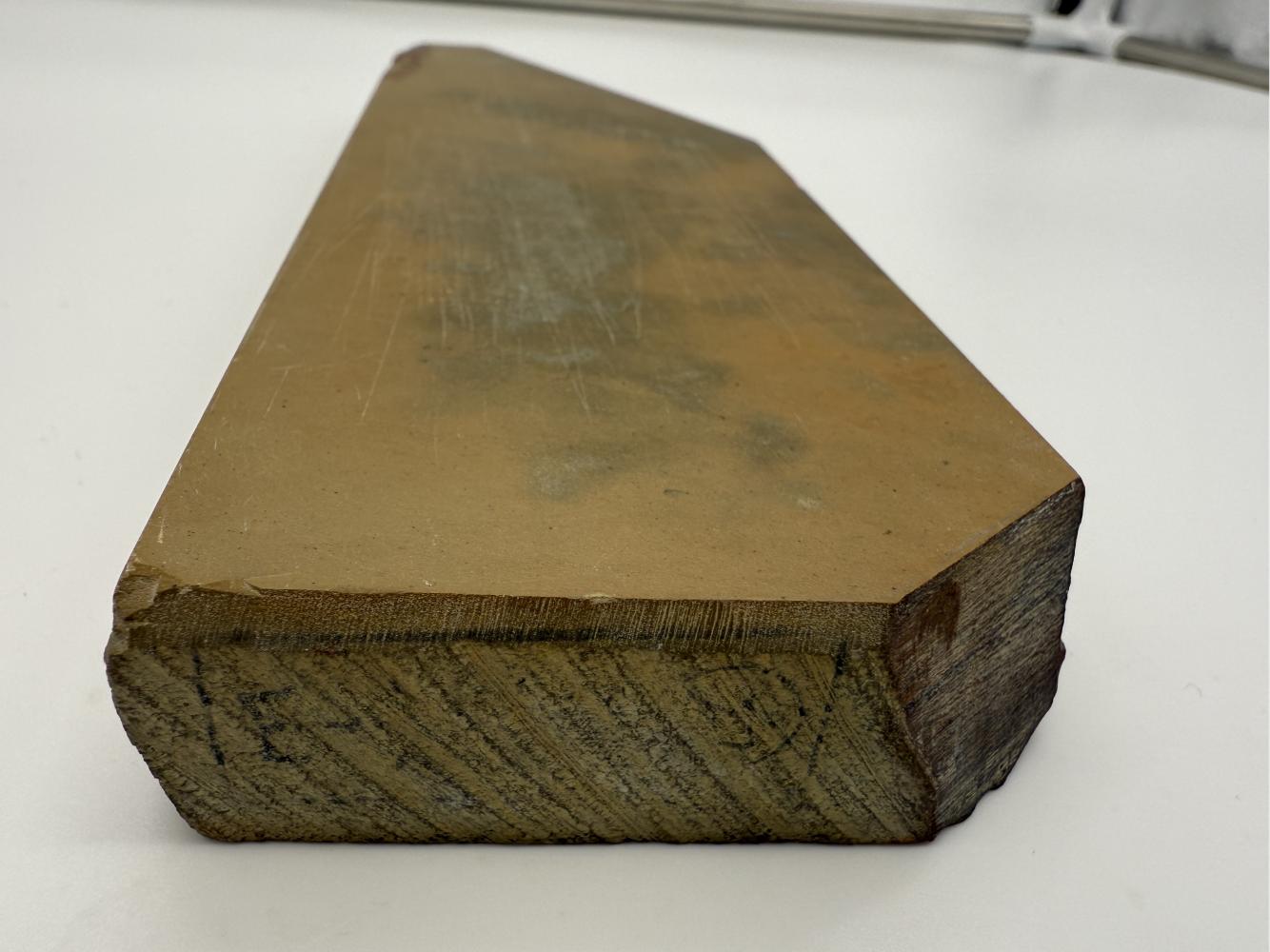
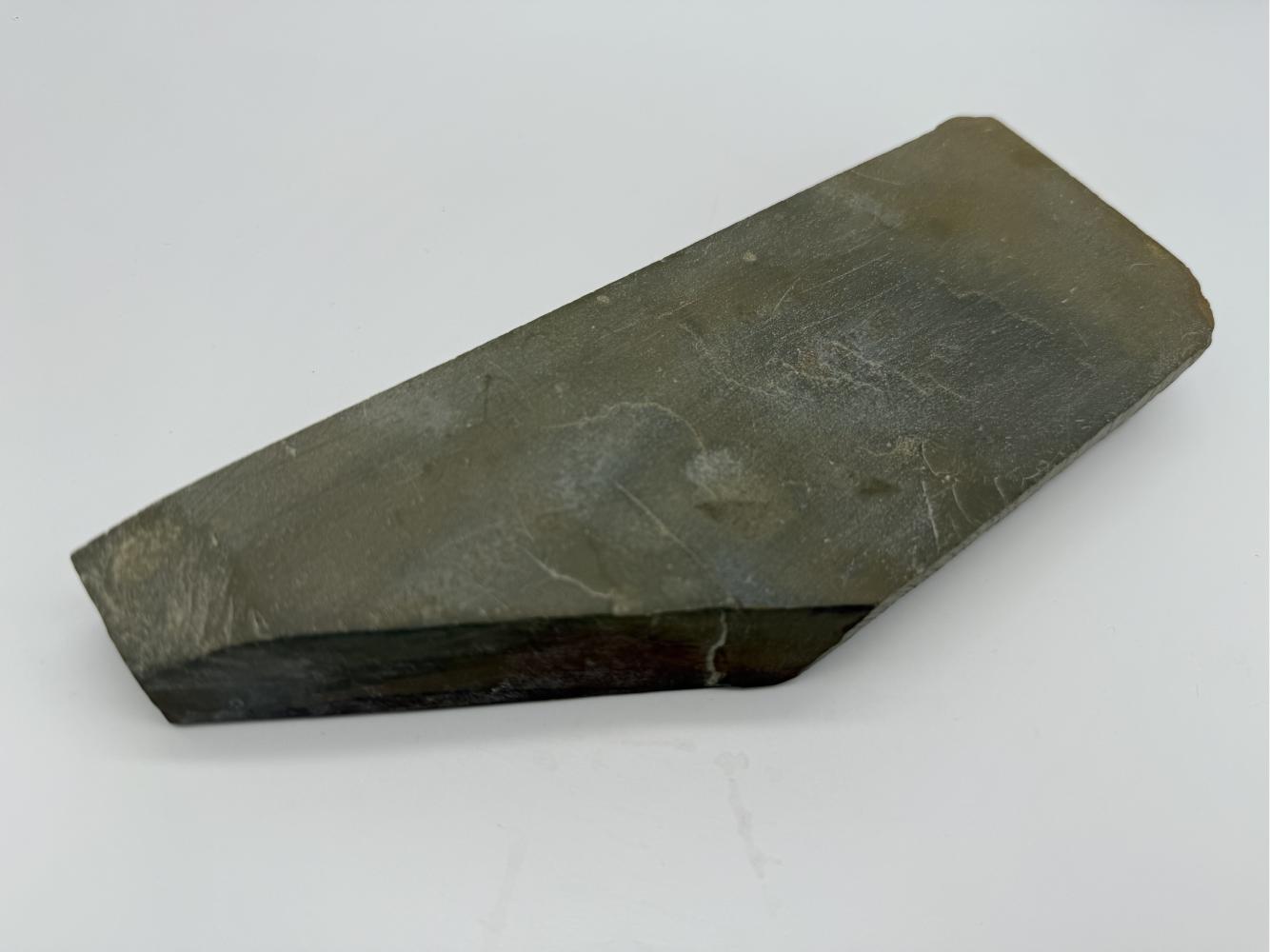
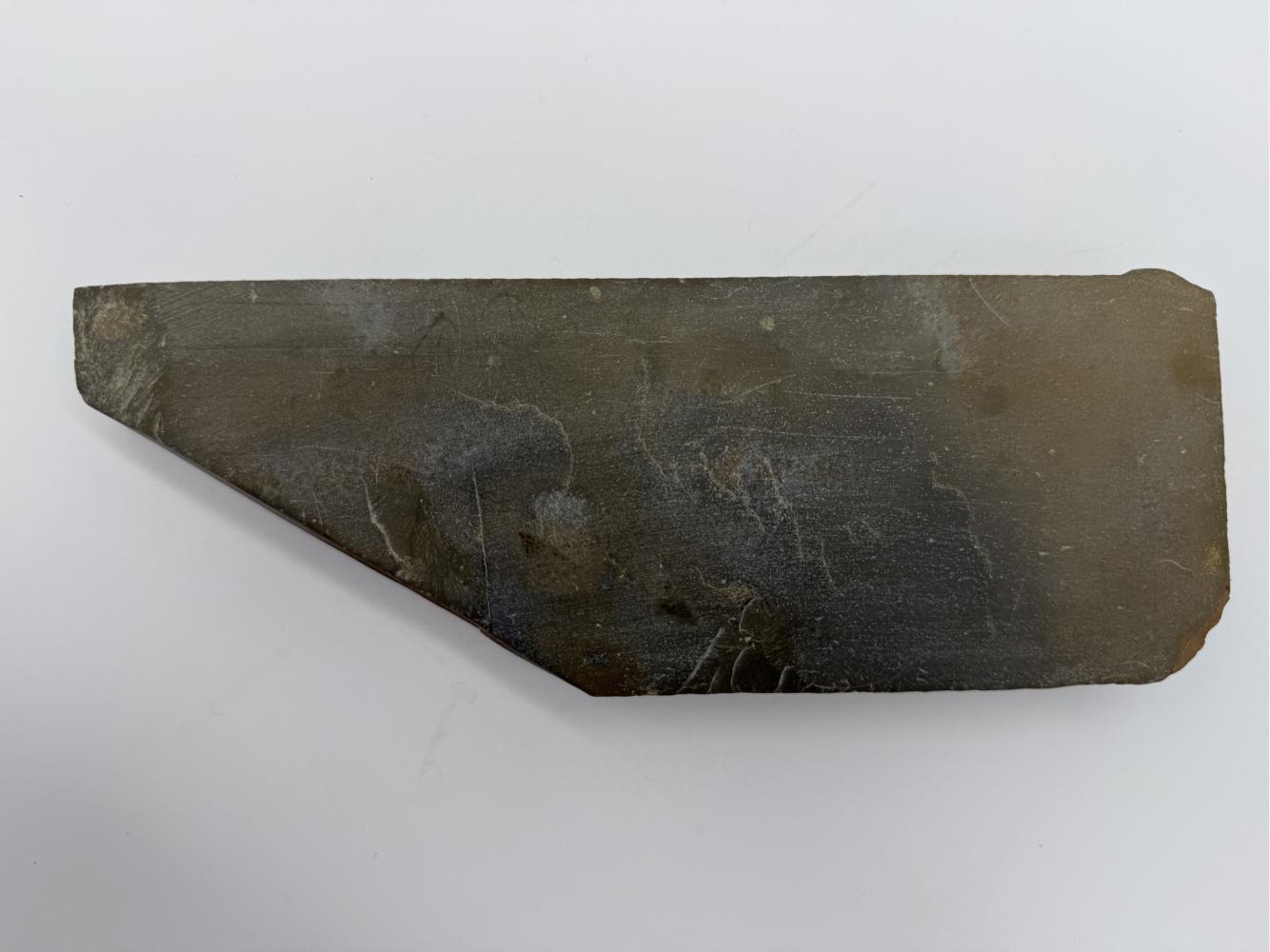
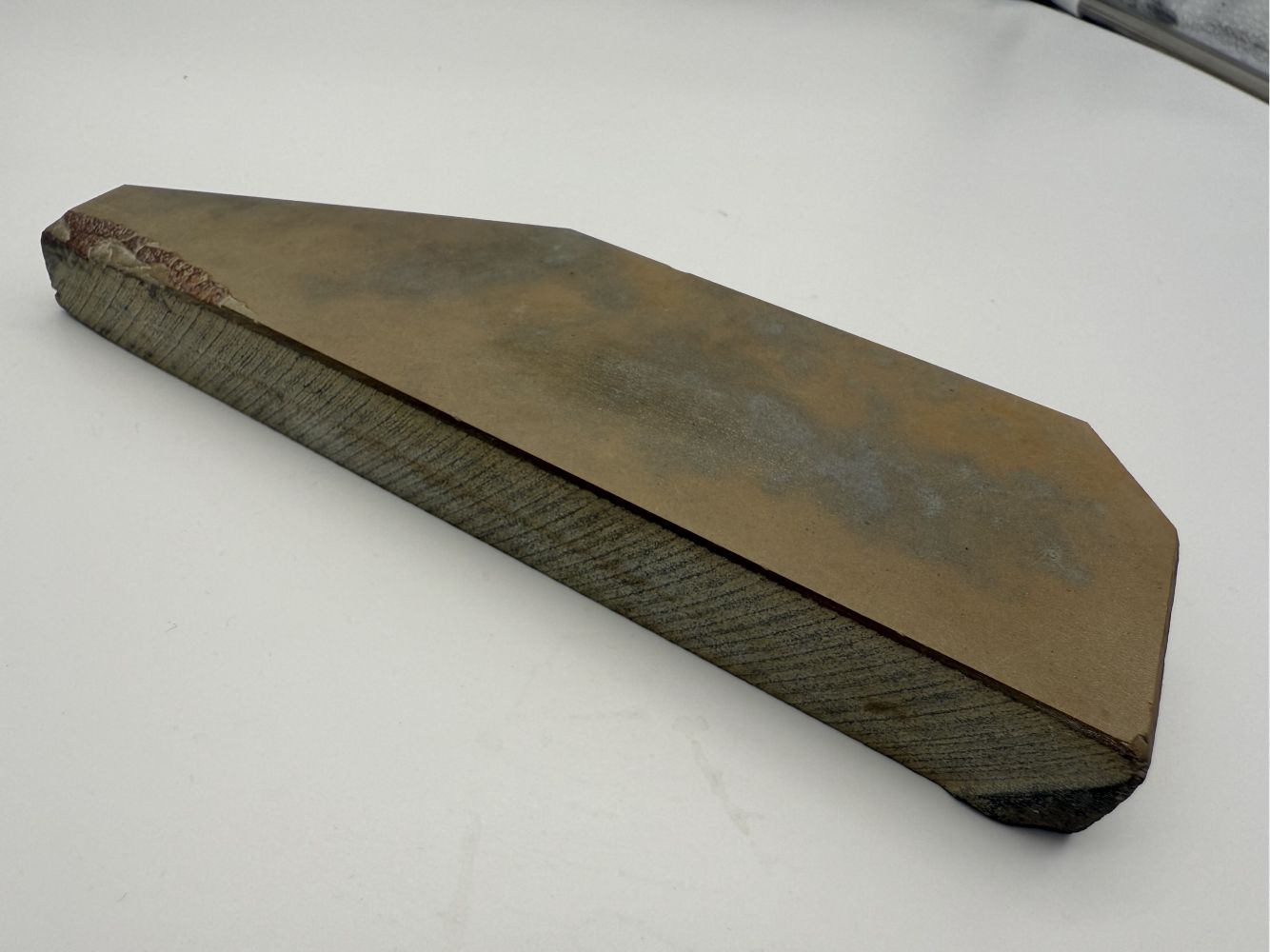
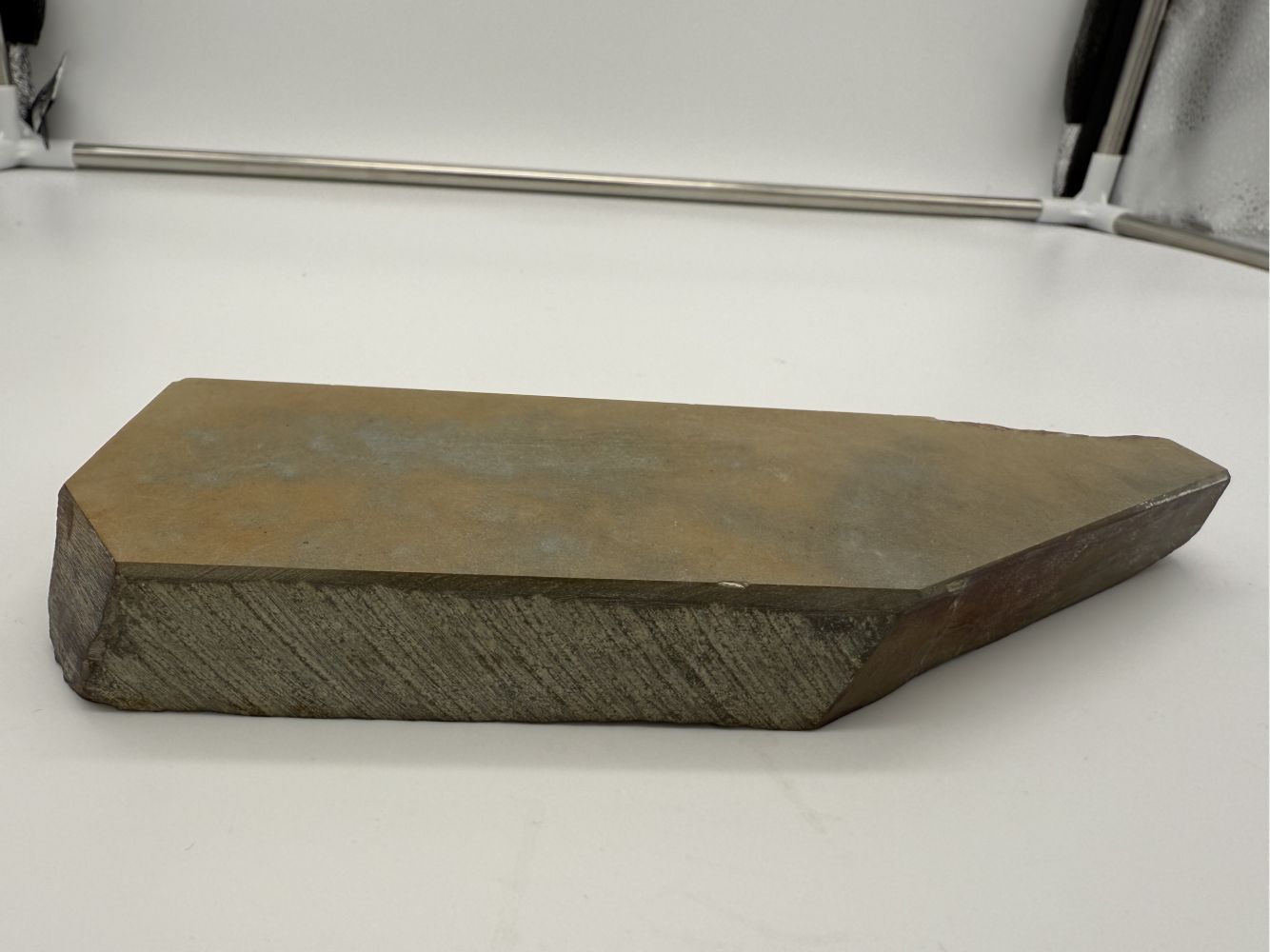
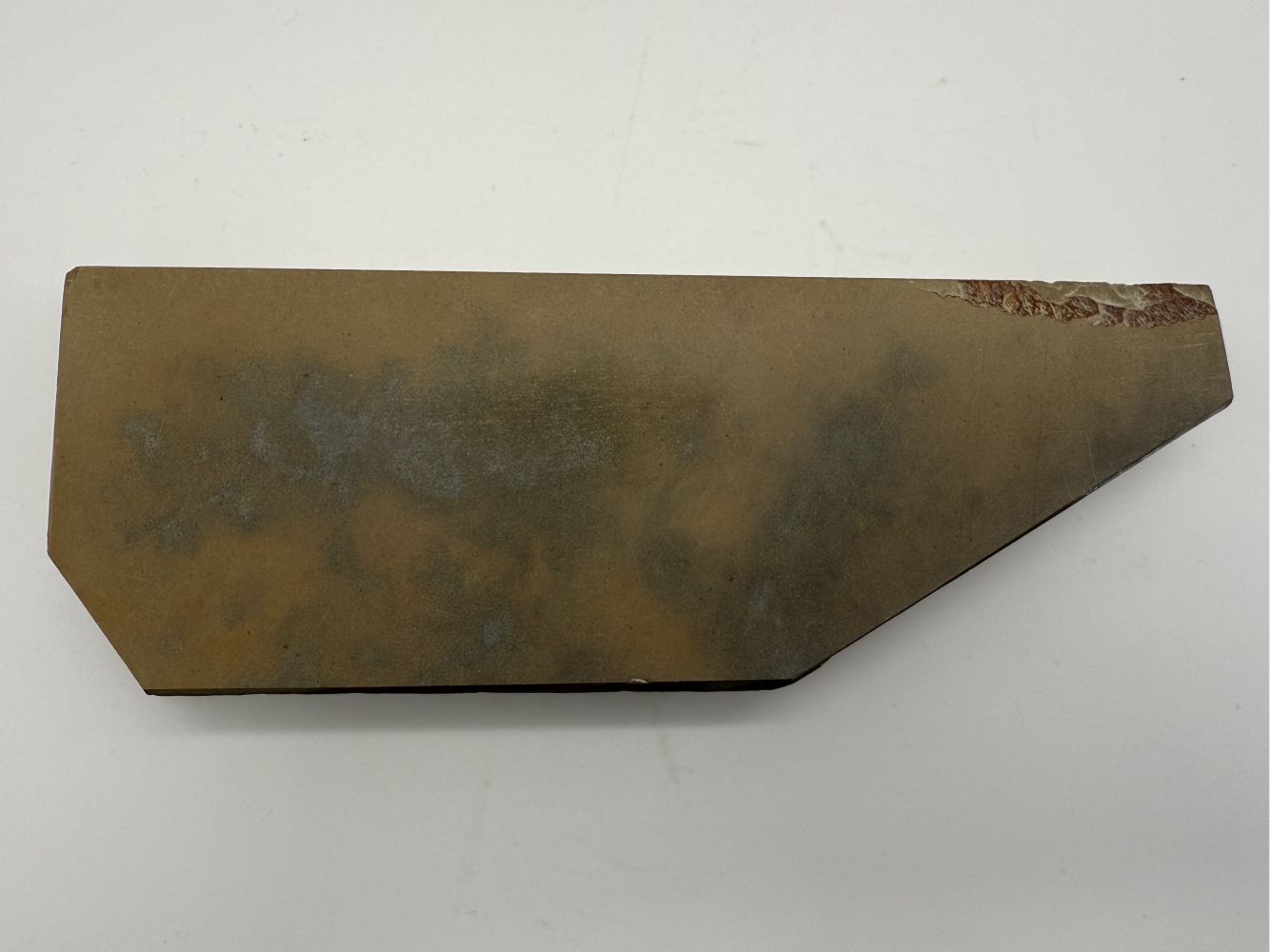
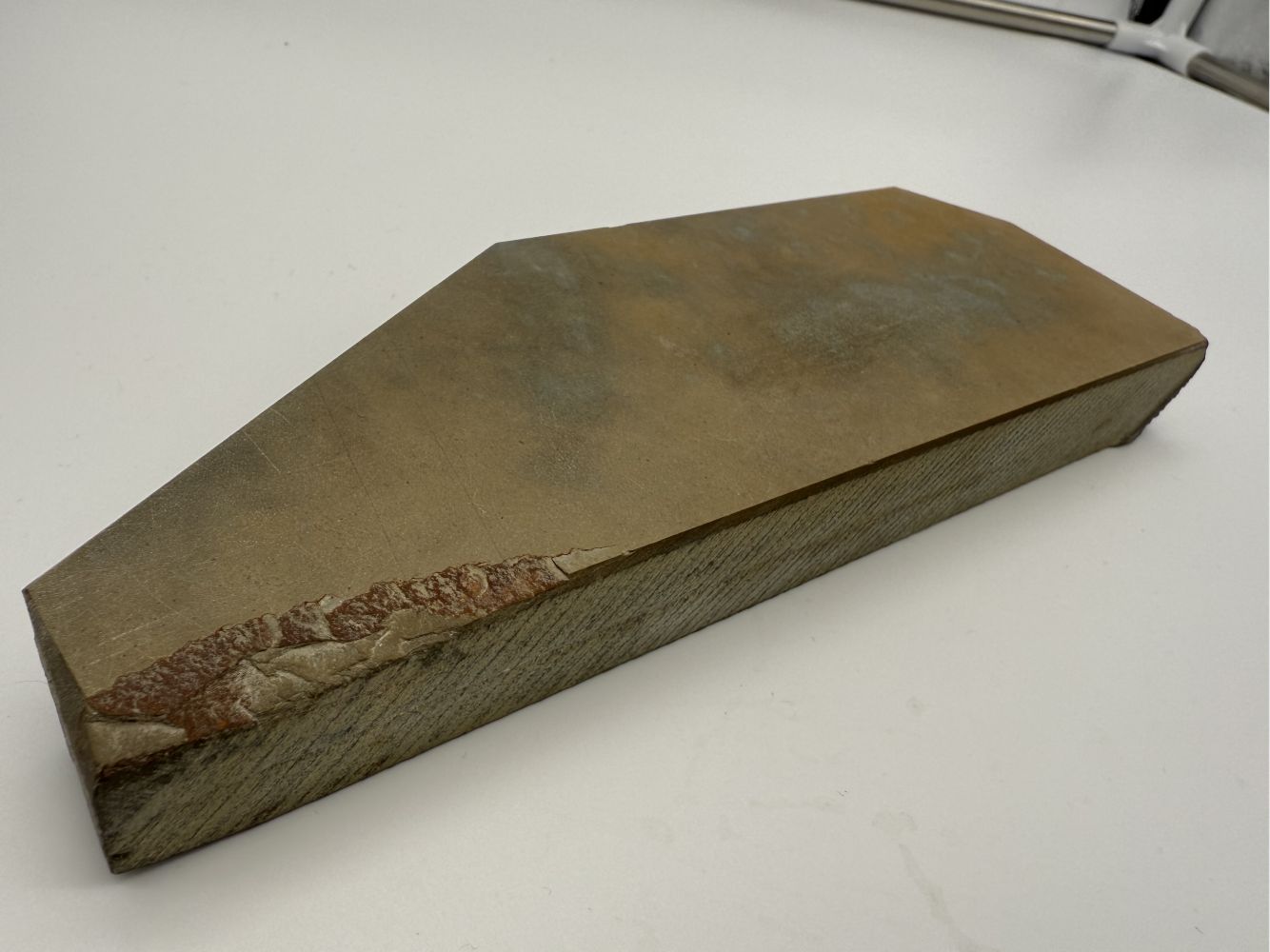
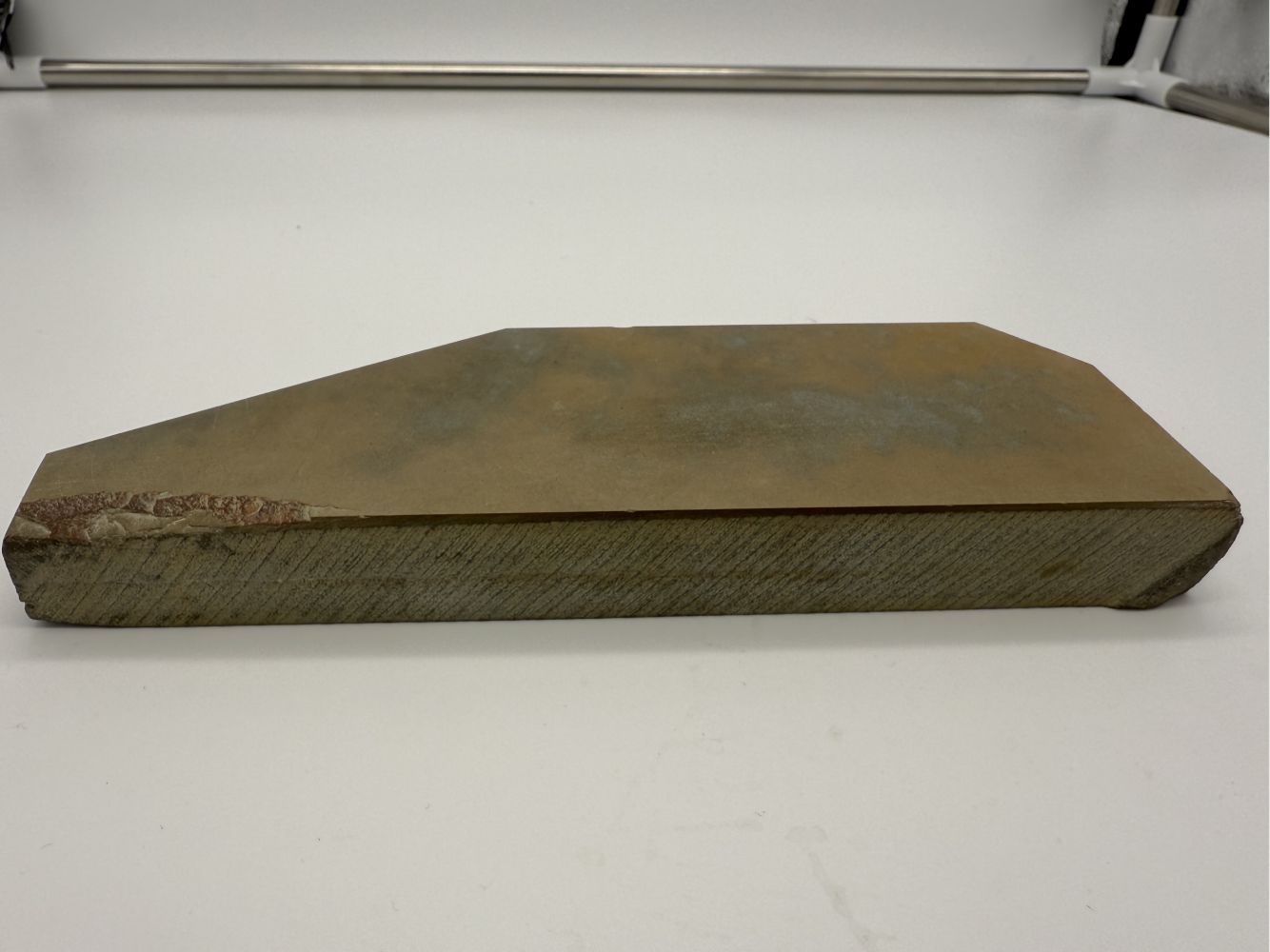

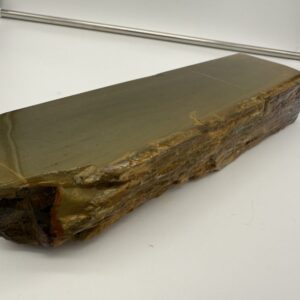
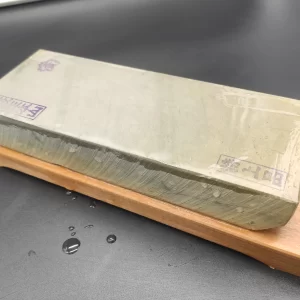



Reviews
There are no reviews yet.